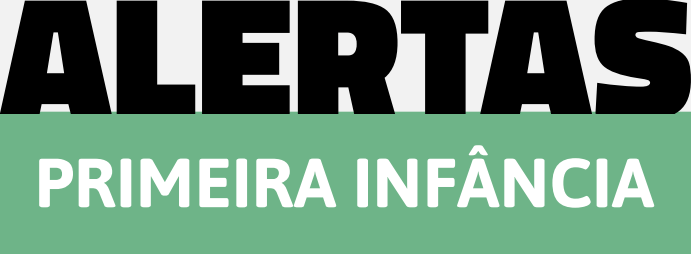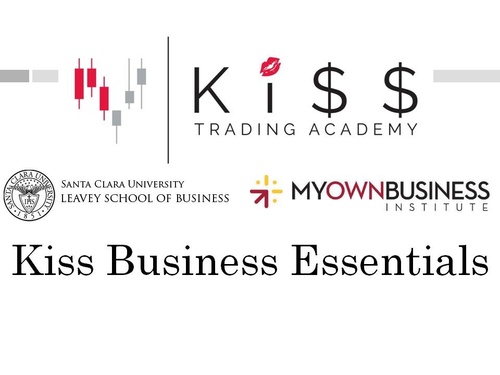
In general, it can be said that laissez-faire principles emerge more strongly during periods of healthy economic growth, while they tend to be avoided during periods of economic contraction. Laissez-faire policies serve as a motivation for the producer to hone its products in response to the standards set by the market. The price system is such that the output and consumption levels are solely determined by the varied decisions made by households and firms through transactions in the marketplace.
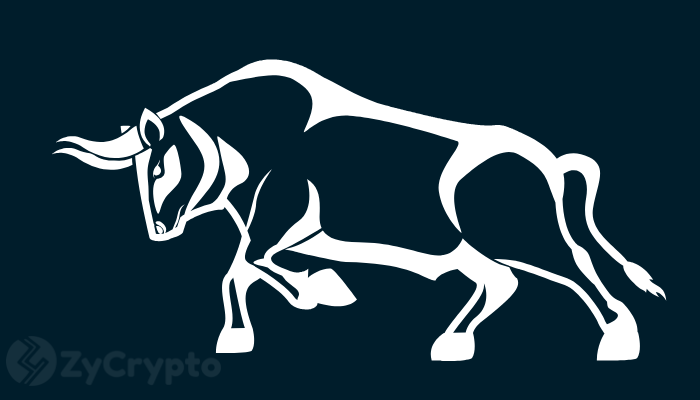
As soon as demand increases for a particular item, prices rise thanks to the law of demand. Competitors see they can enhance their profit by producing it, adding to supply. Capitalism is an economic system in which private entities own the factors of production.
Benefits of Laissez-Faire Economics
This theory was later expounded by Adam Smith (a Scottish economist) in his book, The Wealth of Nations. Smith believed that the forces of supply and demand keep the markets in check. As such, price levels, wages, and employment are automatically adjusted by an “invisible hand” depending on the consumers’ and producers’ individual choices. Therefore, the government doesn’t need to interfere by imposing tariffs to control the market or to come up with policies that ensure employee welfare. It should just tax business enough to fund the public well being since any other constraints only hinder production.
President Hoover was unable to see out his policies as he lost reelection in 1932 to Franklin D. Roosevelt, who easily won the election because of Hoover’s association with the crisis. Although President Roosevelt departed from laissez-faire economics in many ways through the New Deal, laissez-faire ideas have never entirely been removed from economic policy in the United States. In fact, many features of the US economy are still identified with laissez-faire economics, and a more recent push toward laissez-faire ideas was seen under President Ronald Reagan. Prime Minister Margret Thatcher of the United Kingdom, a contemporary of President Reagan, also sponsored laissez-faire principles during her tenure. Russian-American writer Ayn Rand argued that pure laissez-faire capitalism has never actually existed.
What Is Laissez-Faire Capitalism?
Businesses sell their wares at the highest price that consumers will pay. At the same time, shoppers look for the lowest prices for the goods and services they want. Workers bid their services at the highest possible wages that their skills will allow, and employers strive to get the best employees for the least compensation. As much as a self-regulating market is ideal for trade, many believe that capitalism still needs some rules. Though laissez-faire advocates for allowing private entities to pursue their self-interest, it also creates room for manipulation and unhealthy competition.
Proponents of Laissez-Faire say that costly and exhaustive regulation is not needed since the market would weed out such bad actors. In reality, however, bad actors may continue operating for a long while. For instance, if a vitamin company is filling their capsules with sawdust instead of herb powder, it may remain unknown without government testing and regulatory oversight to protect consumers. Laws created since the Constitution grant favor to many particular segments and industries.
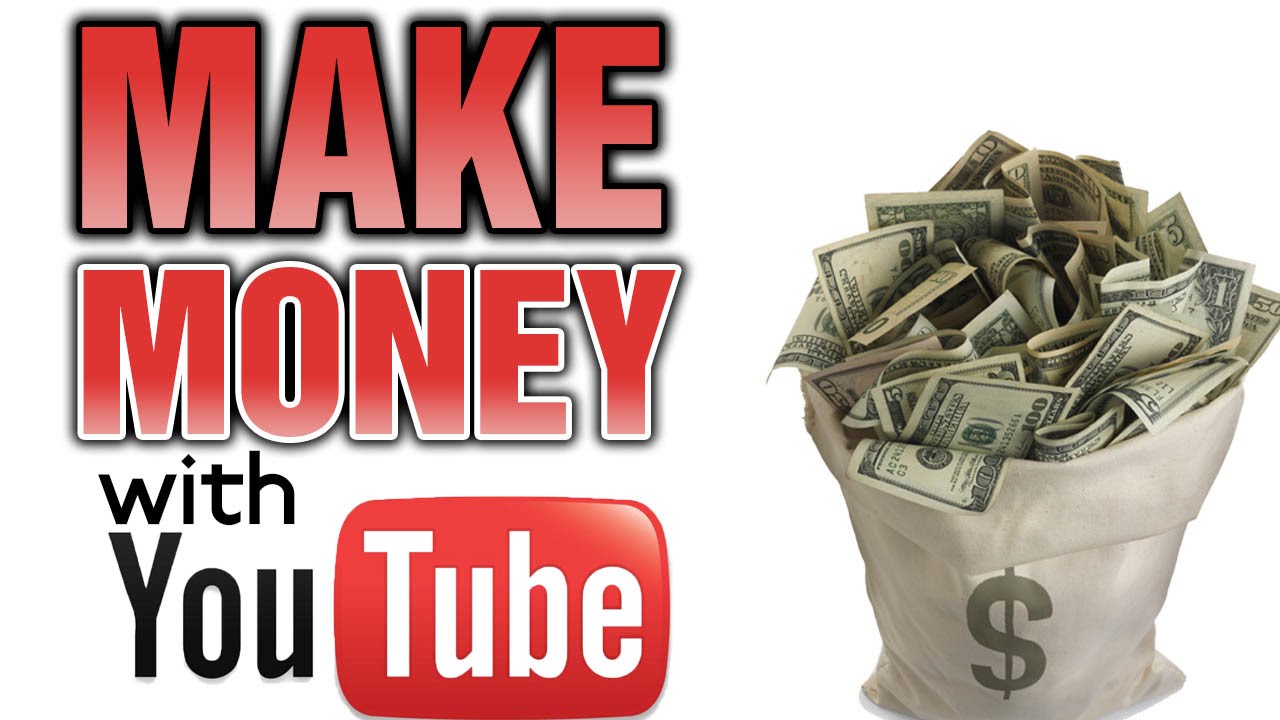
As seen in the Soviet Union, command economies were typical of governments that followed communism, which is related to socialism. Capitalism is an economic system that is centered on the private ownership of capital and the means of production. Capitalism rose to prominence through the works of many influential economists like Adam Smith, who argued that the pursuit of individual and rational interests in a competitive economic environment is essential to economic growth.
Rational Market Theory
The idea of letting an economic system run without regulation or correction in effect dismisses or further victimizes those most in need of assistance, they say. The United States has never had a free market, as described by Rand and Mises. Government intervention had made the United States a “malfunctioning corporation” in the mind of Gordon Gekko, but he felt that greed could still save it if the government allowed it to operate freely.
Ex-Pence adviser calls him ‘unworthy of the presidency’ and … – The Independent
Ex-Pence adviser calls him ‘unworthy of the presidency’ and ….
Posted: Tue, 08 Aug 2023 14:45:02 GMT [source]
Although the United States has many clear influences from laissez-faire thinking, few believe that the United States fully epitomizes laissez-faire economics. In fact, the United States has many laws which allow for decisive government intervention in the economy. This can be seen in US antitrust law, which allows the government to break up companies engaged in price-fixing or that pose other fundamental threats to competition in the American free market.
How Laissez-Faire Economics Work
In modern economics laissez-faire typically has a bad connotation, which hints towards a perceived need for restraint due to social needs and securities that can not be adequately responded to by companies with just a motive for making profit. A closely related name for laissez-faire capitalism is that of raw, pure, or unrestrained capitalism, which refers to capitalism free of any regulations,[64] with low or minimal[65] government and operating almost entirely on the profit motive. Despite this inauspicious start, laissez-faire practices, developed further by such British economists as Smith and David Ricardo, ruled during the Industrial Revolution of the late 18th and early 19th century. And, as its detractors noted, it did result in unsafe working conditions and large wealth gaps.
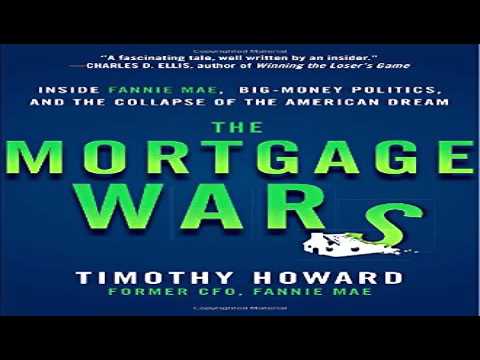
The individual is much more likely to respect their own and others property as opposed to the bureaucratic hand of the state. He/she has a very clear incentive to improve their home in terms of its sentimental and financial value. Yet whilst conservatives share a great deal of common ground with liberals on the issue of property, there is a subtle degree of disagreement to be aware of. Conservatives reject the liberal argument that we have a right to property. Instead, there should be an emphasis upon the obligations that derive from private property (such as respect for others). In the late 19th century the acute changes caused by industrial growth and the adoption of mass production techniques proved the laissez-faire doctrine insufficient as a guiding philosophy.
Whether there should be a market solution or government intervention depends on each situation, Keynes argued, i.e. it should be determined on a case-by-case basis. Laissez-faire alone is not enough to guide an economy, but with a proper balance between the power given to the government and freedom of market forces, economies can flourish with minimized risks. The term originated in the 18th century during the Industrial Revolution. French industrialists used the term in response to the French government’s voluntary aid to promote business.
- All conservatives believe that laissez-faire capitalism is a better system than common ownership of the means of production.
- A bank is an institution that accepts deposits, protects customers’ money, extends loans, and provides other financial services.
- Even a well-run mutual fund could not outperform an index fund if the rational market theory is true.
- The first advocates of laissez-faire proposed a tax on land rent – Impôt unique – to replace all taxes that undermine welfare by penalizing production.
- This, of course, could create negative externalities and information asymmetries that can allow producers to behave as bad actors and get away with it.
Driven by the need to provide their products with market advantage, companies are compelled to be more creative and innovative in their approach. The practice leads to technological advancement in addition to economic growth. A laissez-faire economy gives businesses more space and autonomy from government rules and regulations that would make what is the laissez faire view point business activities harder and more difficult to proceed. Such an environment makes it more viable for companies to take risks and invest in the economy. Moreover, it provides companies with a greater incentive to try and maximize profits. Laissez-faire economics assumes that free-market forces alone correctly price every investment.
Laissez Faire and Economic Growth
Rational market theory also states that stock prices rationally price in all future values of an asset. Rational market theory assumes that all investors base their decisions on logic rather than emotion. Consumers research all available information about every stock, bond, or commodity. If someone tried to speculate and drive the price above its value, the smart investors would sell it. Even a well-run mutual fund could not outperform an index fund if the rational market theory is true.
- It should just tax business enough to fund the public well being since any other constraints only hinder production.
- Detractors feel laissez-faire actually leads to poverty and economic imbalances.
- In addition, home ownership enables us to pass down our wealth to members of our own family, who then act as custodians of that wealth.
- Through our research and education programs, we challenge government overreach and advocate for a free-market approach to public policy that frees people to realize their potential and dreams.
- This can be seen in US antitrust law, which allows the government to break up companies engaged in price-fixing or that pose other fundamental threats to competition in the American free market.
- In order to back up this argument, one might consider polices such as providing mortgage tax relief to the sale of council homes at a substantial discount.
It is important to note that laissez-faire economics does not mean there are no rules. As seen in the examples from the US Constitution, it is paramount in laissez-faire systems to ensure the right to private property and to ensure copyright protections. Therefore, laissez-faire economics should not be thought of as a free-for-all in which anyone can behave however they desire. There are a number of rules that are important to the functioning of the system, yet the main idea is that government intervenes as little as possible and only ensures that the system works as it should.
In the modern U.S economy, the government regulates different sectors of the economy, from agriculture, energy, and finance to utility firms. It may tax some items heavily to discourage their consumption or provide subsidies for particular industries such as agriculture to support local producers. The government also sets a minimum wage to ensure workers are not exploited. In this sense, the United States economy doesn’t qualify as fully laissez-faire — though it remains closer to the laissez-faire end of the spectrum than most other governments in the world.
